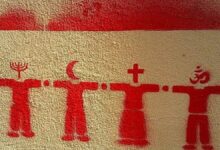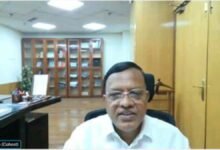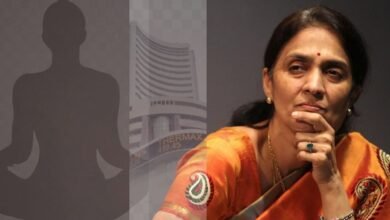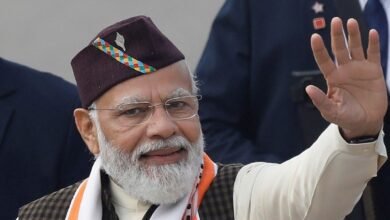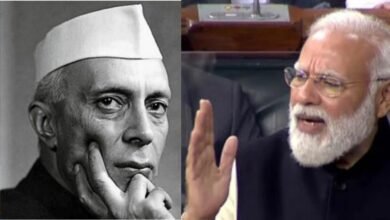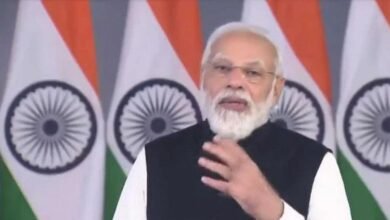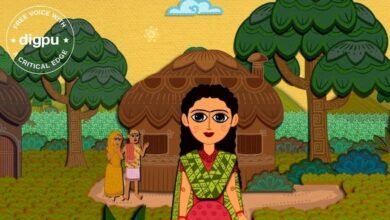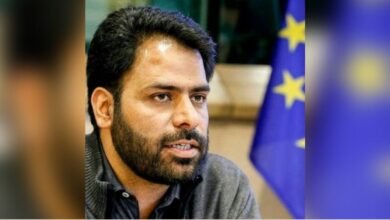Calling out human rights violations needn’t be ridiculed, Mr Prime Minister!
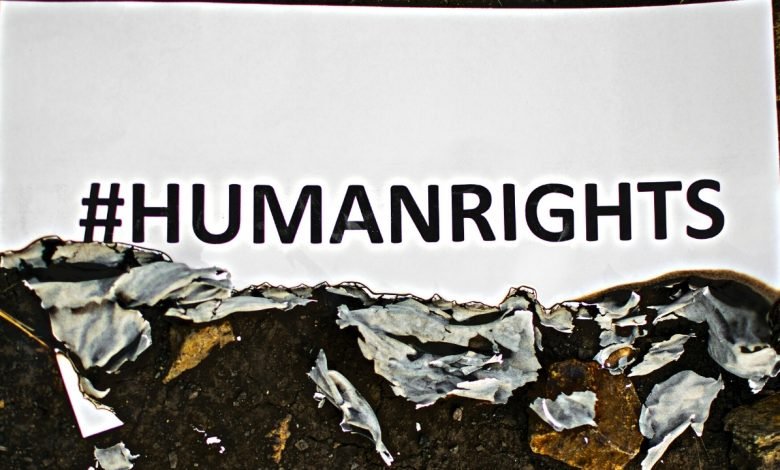
Human rights isn’t just a phrase that needs to be mouthed just to add colour to the Prime Minister’s speech.
Are you among those who had been listening to Prime Minister Narendra Modi speak at an event that marked the 28th Founding Day of the National Human Rights Commission? If yes, you need to give this a thought!
Speaking at the event, he termed that some people have “a selective approach to human rights”, and that they are viewing human rights with an “eye on political gains”.
Coming from the Prime Minister, the statement assumes significance. The legion of people who tend to applaud anything that flows out of the Prime Minister’s mouth without even batting an eyelid, may of course believe that there indeed is a selective approach to human rights by some people.
You and I know who these “some people” are, but let’s leave that aside. Let’s talk about human rights here. For the record, take a look at what UNICEF says to define human rights.
Going by UNICEF’s definition, “human rights are standards that recognize and protect the dignity of all human beings. It goes on to add that human rights govern how individual human beings live in society and with each other, as well as their relationship with the State and the obligations that the State have towards them”.
Significantly enough, UNICEF asserts that “no government, group or individual person has the right to do anything that violates another’s rights”.
Do we practice human rights the way it needs to be done?
Now let’s come to the Indian context. Do we practice human rights the way it has to be done? We live in a country where close to 30 people, most of them Muslims, were killed since year 2010 when cow vigilantes decided to bludgeon cattle owners and traders to death as they believed they were harming the divine ‘Gau Mata’. Loss of human lives continues when a section of people closely associated with the largest party in power give their public and vociferous nod to award death to humans who trade in cows for their livelihood. We also had an instance of vigilantes entering a house where beef was kept and slaughtering the man in the house for doing that. The fact that he had just stored food for another day did not save his life.
Instances are many. A peaceful protest in UP’s Lakhimpur Kheri earlier this month, against the Union government’s farms laws, saw four farmers being mowed down by a car allegedly driven by a Union Minister’s son. The protests have only grown bigger.
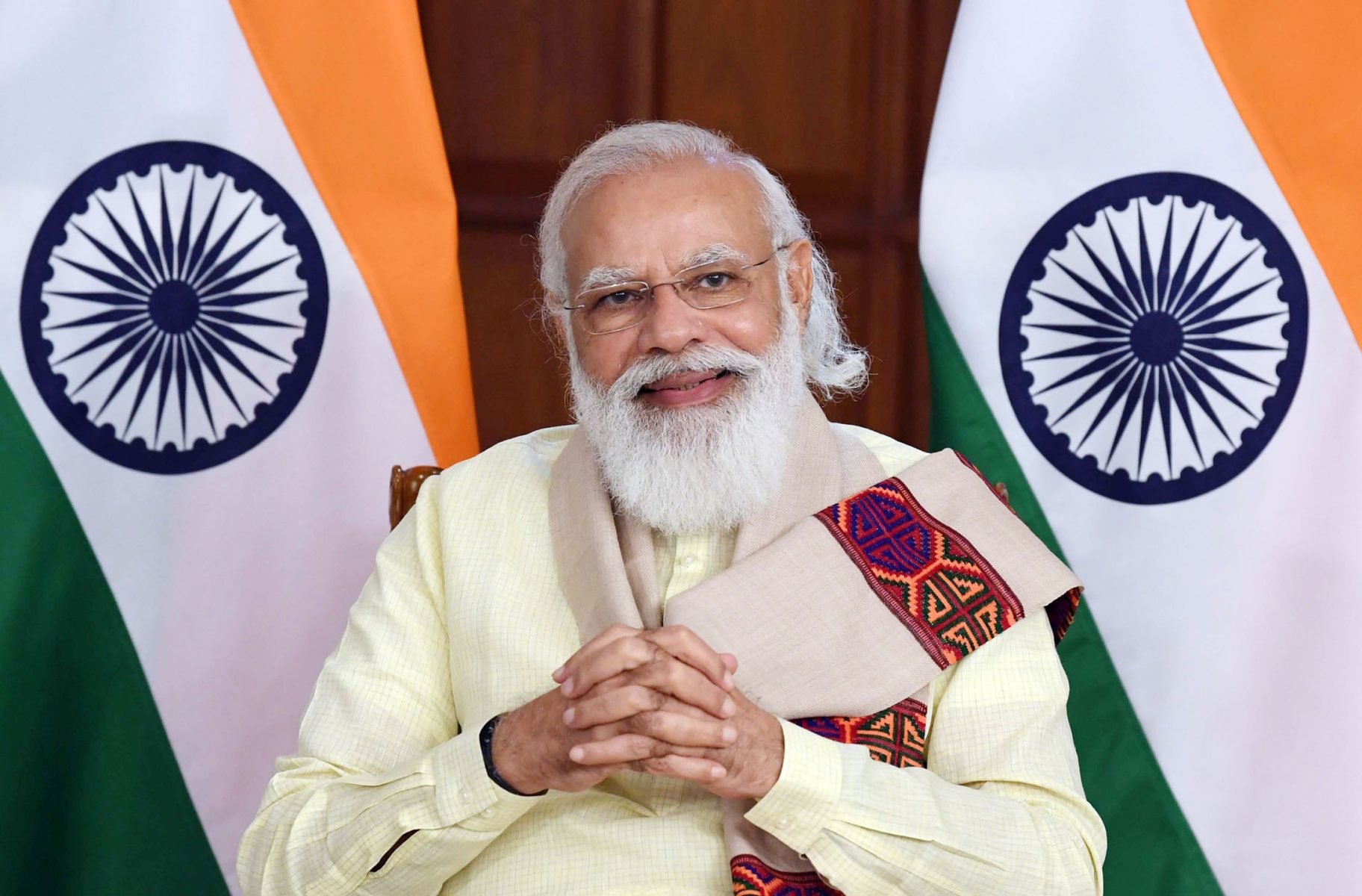
Ask any sane individual in India, and he/she would tell you the gruesome act was indeed a gross violation of human rights. It is quite natural that the Opposition parties echoed the protest calls, and stood by the protesters.
Selective Approach to Human Rights
If that was a selective approach to human rights, and if that opposition to the killings appears like selective approach to human rights that dent the country’s image, the Prime Minister needs to think a lot more and learn what it means to be at the receiving end of human rights violations.
For those of you who haven’t had the chance to listen to the speech, this is what the PM said: “Some people see human rights violations in some incidents but not in others. Human rights are violated when viewed via political spectacles. Selective behaviour is harmful to democracy…. Some try to dent the country’s image in the name of human rights… Looking at human rights with an eye on political gains and loss harms these rights as well as democracy.”
Hope the Prime Minister would try and understand that human rights violations are to be condemned even if they are orchestrated by people close to him. Barging into a house that had stored meat to eat and killing the breadwinner is a human rights violation. Making migrant labourers from distant lands walk all the way on their own and sitting idle even after many fell dead during the course of their journey, also qualify as human rights violations. Mowing down farmers who were protesting peacefully on the street does become a violation of human rights. Above all, doing nothing when the people, who gave you the right to rule, fall dead is a gross violation of human rights. And rebuking those who stand for the victims and call out violations by those in power is criminal.
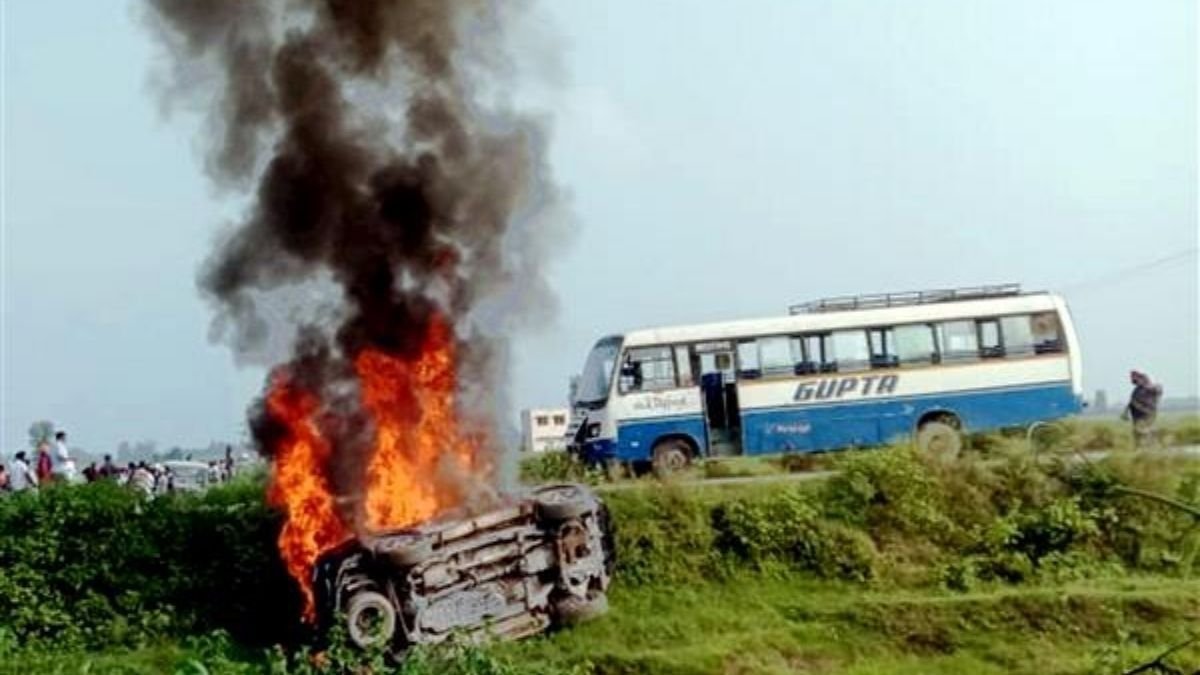
Missing the meaning of ‘Sabka Saath’ all the time
The Prime Minister is enamoured by his own coinage of “sabka saath, sabka vikas”. Well and good. But then, does the government and those, who claim to be the people close to the seats of power, realise that the “sabka saath” angle of this oft-quoted slogan is missing all through.
Every sane man in this democratic nation knows what it means to be at the receiving end of human rights abuses. If the Prime Minister has the habit or the inclination to follow the Supreme Court’s observations, rulings and orders, he sure would not have missed on what Chief Justice NV Ramana stated in August last. He had said that if India were to remain “a society governed by rule of law” it was necessary to ensure that even the most vulnerable enjoyed its full protection. That, Mr Prime Minister, is basic human rights to you.
The people of India are a vulnerable lot. They do have their concerns – big and small. From falling unconscious while standing in line for money that they believed to be theirs till a moment ago, to eating what they want, to hoping to get home before the pandemic catches up, to protesting peacefully against laws that they believe would do them harm, the people of India have their worries to run after. And, they expect the government they brought to power would stand by them in mitigating all their worries.
If there is abuse, people will speak against it. That isn’t a selective response. Violations have always seen themselves been spoken against. The only difference is that the powers-that-be turn selective when a human rights violation is reported. Human rights aren’t just a phrase that needs to be mouthed just to add colour to the Prime Minister’s speech. There is more to it than just that.
